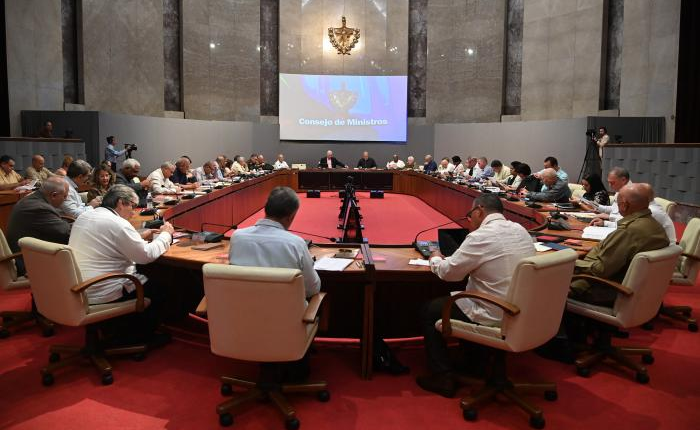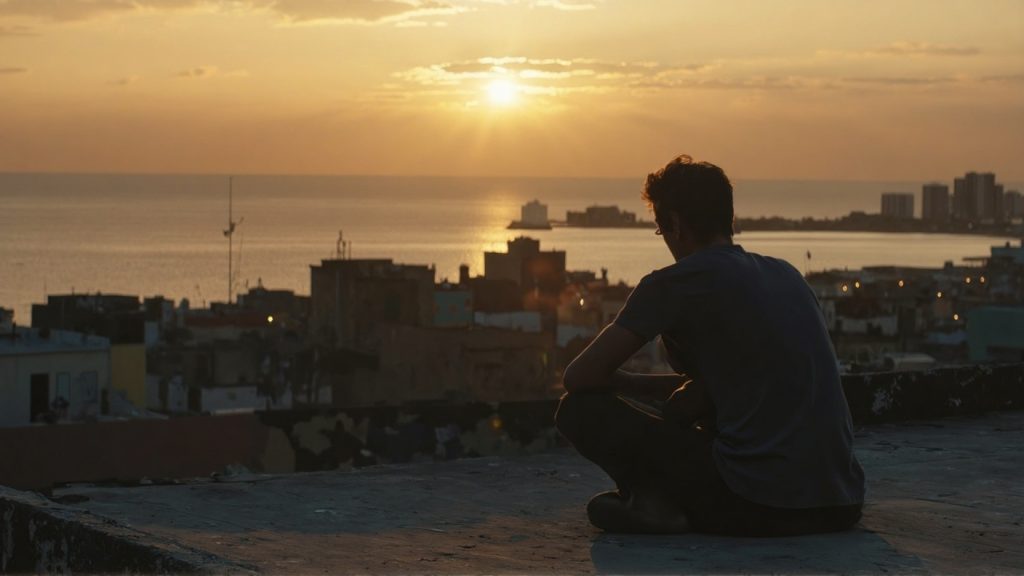
On the progress of the Cuban economy and its transformations
This comment cannot be postponed: While various kinds of evidence demonstrate the ongoing deterioration of the country’s economic and social situation, it is, on the one hand, continually “measured and analyzed” ad infinitum without effective action. On the other hand, a comprehensive vision for reform has not been fully embraced; instead, disconnected measures with questionable outcomes continue to be enacted, lacking a coherent strategic approach. Lastly, time remains undervalued.
I would like to share my thoughts on the official information released in the media concerning the recent Council of Ministers meeting.
I recognize the situation’s significant complexity, the substantial impact of the current U.S. administration’s economic aggression, and the efforts the government is making to address these issues.
However, while evidence of all kinds—statistical and visual—shows that the country’s economic and social situation continues to deteriorate, it remains “measured and analyzed” ad infinitum, without effective action. On the other hand, a comprehensive vision of reform has not been fully adopted; disconnected measures with highly dubious results are continually added, lacking a discernible strategic approach. Finally, time continues to be underestimated.
The country needs a clear plan for comprehensive and strategic transformations, along with a definite path to exit this situation. Is this achievable? I believe it is not just possible but essential. I have extensively written and published on this subject.
Significant progress can be made despite harsh economic aggression: the alternative in the 21st century, after 66 years of Revolution, is once again Zanjón or Baraguá*. However, Baraguá is not just a cry or a slogan; it embodies a strategic, firm, and viable action. It necessitates transforming everything that needs change without delay and with urgency.
It is certainly positive that better cooperative relations are being established with important partners like Russia and that integration into the BRICS is materializing. This is an important part of what needs to be done, but none of it is sufficient if the necessary transformations do not occur here and now. We must not fall into vain illusions.
This reflects my responsible and humble beliefs on the matter, as well as what I, along with other economists, have argued for years. By the way, we have never been consulted, not because we are entirely right — obviously, we are not — but because we have much to contribute and discuss. Here goes:
![]() A quick look at the situation
A quick look at the situation
The Council of Ministers recently held its March meeting, during which the progress of the “Government Program to Correct Distortions and Re-Boost the Economy” was reviewed.
Among the topics reported by the newspaper Granma, the intervention of the First Deputy Minister of Economy and Planning, Mildrey Granadillo de la Torre, is particularly noteworthy. She discussed the operational proposal for the foreign exchange market, which envisions a transformation in the management of official exchange rates. Additionally, she pointed out that its risks and consequences are being examined more thoroughly.
The Minister of Economy and Planning, Joaquín Alonso Vázquez, while presenting the economic performance at the end of February, indicated that execution rates remain slow, acknowledging that exports of goods are falling short of targets, as are revenues from tourism and telecommunications.
Concerning the business sector, Alonso Vázquez mentioned that profits are increasing; however, 316 companies are closing with losses.
Prime Minister Manuel Marrero Cruz stated that “we must move to another stage, where we delve deeper into those subjective aspects,” while the Minister of Foreign Trade and Investment, Oscar Pérez-Oliva Fraga, noted that 13 organizations and entities experienced economic impacts on their foreign trade operations.
* “Zanjón” refers to a pact signed in February 1878, while “Baraguá” pertains to the subsequent Protest of Baraguá, a demonstration of resistance against the Zanjón Pact led by Antonio Maceo, which took place on March 15, 1878.

 A quick look at the situation
A quick look at the situation